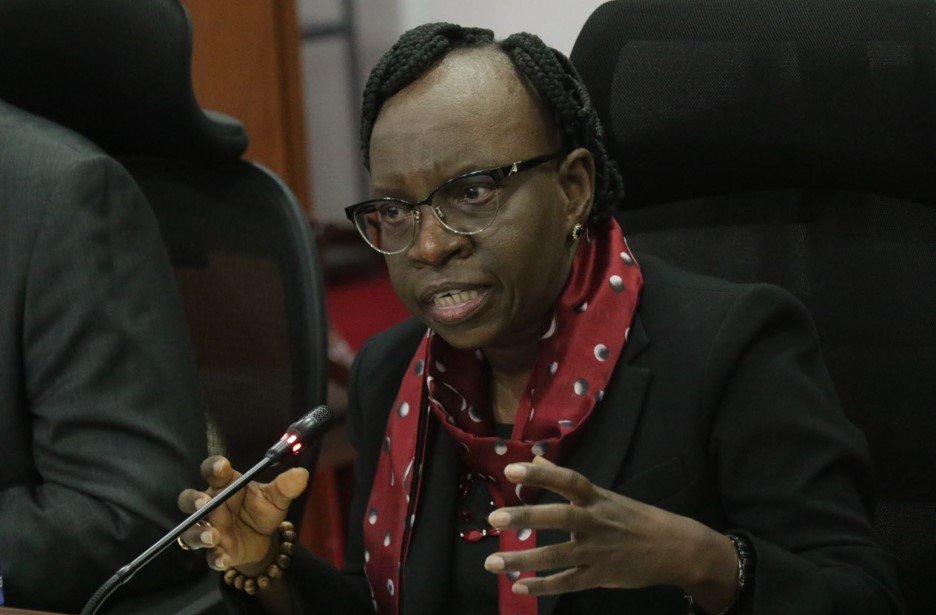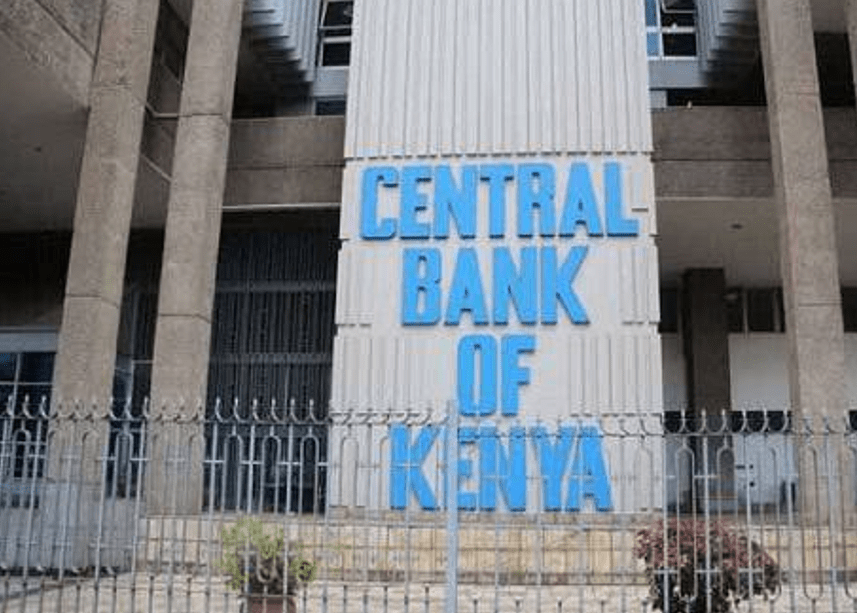Law firms reap millions from counties in avoidable charges

Several private law firms have been minting millions of shillings from county governments for legal services, it has emerged.
This is happening even though counties have attorney’s offices that can handle some of the cases.
Some court cases have led to legal battles between the governors’ offices and entities that offered legal services.
They include un-procedural termination of employment contracts; claims of goods provided and works or services completed but not paid for; irregular procurement processes; and poor contract management.
In some cases, several counties spent millions of shillings to hire private lawyers to represent them in the court, according to the Auditor General’s report for the 2023/24 financial year.
Counties could not account for millions of shillings spent on legal cases, some of which might have been avoided by honouring court rulings, says Auditor-General Nancy Gathungu.
Irregular services
Some of these payments were for irregular legal services, unsupported provision of legal services, unsupported legal fees, irregular engagement of consultants for legal services, and unsupported spending on legal expenses.
In Nairobi County, for instance, four advocates are owed a combined Sh6,269,546,657, accounting for 29 percent of the total pending legal fees of Sh21,371,004,293 (representing 11 percent of the county executive’s pending bills).
In Nandi, Sh36,820,030 was allocated for outsourcing legal services.
“It was not clear why the service which could have been discharged by the Office of the County Attorney were outsourced,” the report says.
In Homa Bay, Sh11,001,075 was paid as legal fees to several law firms that represented the governor’s office in legal disputes or court cases.
Records from the Homa Bay law offices show that 350 cases against the county executive were still underway and others were pending, dating back to 2020.
But details of the court cases – such as the subject matter, case files, periods taken to complete the cases, fee notes and financial complications that such cases may have on the executive – were not provided for audit.
All the 350 cases were being handled by external law firms even though the county has a staffed legal unit.
“No satisfactory explanation was given for outsourcing of legal sources,” the report says.
In Siaya, of the Sh34,662,766 allocated for legal fees, Sh26 million was paid to lawyers from a law firm that helped strike an out-of-court settlement.
But the details of the case and how the financial figure was determined was not provided for audit.
In addition, the executive had pending bills relating to decretal fees (fees associated with enforcing a court judgment, such as investigator’s fees and auctioneer’s fees) totalling Sh33,177,621.
“In circumstances, the completeness, occurrences and accuracy of legal fees amounting to Sh34,662,766 could not be confirmed,” the auditors concluded.
Kisumu paid Sh46,078,251 to legal firms that represented it in court and legal consultancies.
But some anomalies were detected in the spending, including Sh22,496,355 that was not supported with documents such as list of pending legal cases, outstanding legal fees and fees paid up to date per case.
‘Wasteful expenditure’
The report also reveals that Kisumu paid Sh14.2 million to a legal firm for an outstanding decretal debt, but the details and current status of the debt and acknowledgment of payment were not provided for audit.
The county also paid Sh3 million to a law firm that represented the executive in a contempt-of-court order for payment of Sh377,873,193.
“The interim fee note dated December 12, 2022 amounted to Sh6,793,496, however details for payment of Sh377,873,193 were not provided for audit,” the report says.
“Furthermore, the amount of Sh345 million paid was wasteful expenditure as it was avoidable.”
In Migori, a total of Sh50,326,213 was paid for legal services.
But the fee notes provided for audit did not indicate the nature of the work done for the amount claimed.
“In the circumstances, the accuracy and completeness of legal services amounting to Sh50,326,213.00 could not be confirmed,” the report says.
Kilifi paid Sh71,571,803 to six lawyers who provided legal consultancy services for the executive.
In Tana River, the government paid Sh30,703,120 to four legal firms that represented the executive in various cases.
The expenditure, however, was not supported with approvals from the County Executive Committee and recommendations from the county attorney.
In Mombasa, the government paid Sh67,525,793 in legal fees in various cases against the executive, with revelations that the county’s liability continued to increase because of failure to honour court rulings.
No approval
In Nakuru, the executive paid Sh22,643,700 in legal fees to six law firms.
But documents such as how the law firms were identified, signed service agreements, certificates of appointments, evidence of court attendance, fee notes and monthly payment reports from each law firm on each case were not provided for audit.
“Despite the county executive recruiting its own county attorney the private law firms were engaged to represent the executive in court cases without the approval by County Executive Committee, contrary to [Section 16 (1) of the 2020 Office of the County Attorney Act],” the report says.
In Busia, the office of the county attorney hired private law firms to the tune of Sh8,546,000, while it also contracted law firms through direct tendering to handle 24 cases.
Meanwhile, Narok could not account for Sh27,614,165 of the total Sh364,996,746 it paid that fiscal year in legal fees.
The report says the expenditure exceeded the budgeted Sh337,382,165.
And in Kisii, the county attorney irregularly earned Sh3,384,632 between January and August 2024 after the Employment and Labour Relations Court in Kisumu quashed his appointment.















